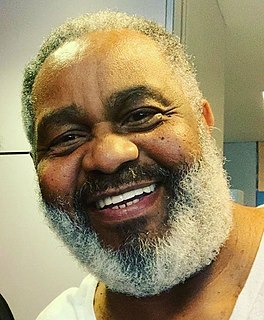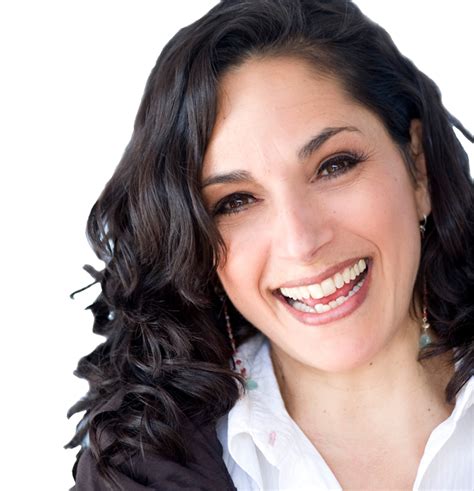A Quote by Mark Helprin
Such a thing as the child left alone to die in the hallway was unknown on the marsh. But here, in the dawn, was mortality itself. In the city were places to fall from which one could never emerge -- dark dreams and slow death, the death of children, suffering without grace or redemption, ultimate and eternal loss. The memory of the child stayed with him. But that was not to be the end of it, for reality went around in a twisting ring. Even the irredeemable would be redeemed, and there was a balance for everything. There had to be.
Quote Topics
Alone
Around
Balance
Child
Children
City
Could
Dark
Dark Dreams
Dawn
Death
Die
Dreams
Emerge
End
Eternal
Even
Everything
Fall
Grace
Had
Hallway
Him
Itself
Left
Left Alone
Loss
Marsh
Memory
Mortality
Never
Places
Reality
Redeemed
Redemption
Ring
Slow
Stayed
Such A Thing
Suffering
Thing
Twisting
Ultimate
Unknown
Were
Which
Without
Would
Would Be
Related Quotes
Those who have lost an infant are never, as it were, without an infant child. Their other children grow up to manhood and womanhood, and suffer all the changes of mortality; but this one alone is rendered an immortal child; for death has arrested it with his kindly harshness, and blessed it into an eternal image of youth and innocence.
We are left with nothing but death, the irreducible fact of our own mortality. Death after a long illness we can accept with resignation. Even accidental death we can ascribe to fate. But for a man to die of no apparent cause, for a man to die simply because he is a man, brings us so close to the invisible boundary between life and death that we no longer know which side we are on. Life becomes death, and it is as if this death has owned this life all along. Death without warning. Which is to say: life stops. And it can stop at any moment.
The woe of mortality makes humans God-like. It is because we know that we must die that we are so busy making life. It is because we are aware of mortality that we preserve the past and create the future. Mortality is ours without asking--but immortality is something we must build ourselves. Immortality is not a mere absence of death; it is defiance and denial of death. It is 'meaningful' only because there is death, that implacable reality which is to be defied.
There are two kinds of death, the death which is inevitable and common to all beings, and the death which is voluntary and particular to certain ones of them only. It is the second death which is prescribed for us in the words of the Messenger of Allah: "Die before you die." The resurrection is accomplished for him who dies this voluntary death. His affairs return to God and they are but one. He has returned to God and he sees Him through Him. As the Prophet said - on him be Grace and Peace!
He had no conscious knowledge of death, but like every animal of the Wild, he possessed the instinct of death. To him it stood as the greatest of hurts. It was the very essence of the unknown; it was the sum of the terrors of the unknown, the one culminating and unthinkable catastrophe that could happen to him, about which he knew nothing and about which he feared everything.
Still, being fragile creatures, humans always try to hide from themselves the certainty that they will die. They do not see that it is death itself that motivates them to do the best things in their lives. They are afraid to step into the dark, afraid of the unknown, and their only way of conquering that fear is to ignore the fact that their days are numbered. They do not see that with an awareness of death, they would be able to be even more daring, to go much further in their daily conquests, because then they would have nothing to lose- for death itself is inevitable.
That’s what death did, it treated you like a child, like everything you had ever thought and done and cared about was just a child’s game, to be crumpled up and thrown away when it was over. It didn’t matter. Death didn’t respect you. Death thought you were bullshit, and it wanted to make sure you knew it.
I yearn for the darkness. I pray for death. Real death. If I thought that in death I would meet the people I've known in life I don't know what I'd do. That would be the ultimate horror. The ultimate despair. If I had to meet my mother again and start all of that all over, only this time without the prospect of death to look forward to? Well. That would be the final nightmare. Kafka on wheels.
Meditation upon death does not teach one how to die; it does not make the departure more easy, but ease is not what I seek. Beloved boy, so willful and brooding, your sacrifice will have enriched not my life but my death. ... Centuries as yet unborn within the dark womb of time would pass by thousands over that tomb without restoring life to him, but likewise without adding to his death, and without changing the fact that he had been.
Death can come at any moment. You could die this afternoon; you could die tomorrow morning; you could die on your way to work; you could die in your sleep. Most of us try to avoid the sense that death can come at any time, but its timing is unknown to us. Can we live each day as if it were our last? Can we relate to one another as if there were no tomorrow?
The truth is that the 143 million orphaned children and the 11 million who starve to death or die from preventable diseases and the 8.5 million who work as child slaves, prostitutes, or under other horrific conditions and the 2.3 million who live with HIV add up to 164.8 million needy children. And though at first glance that looks like a big number, 2.1 billion people on this earth proclaim to be Christians. The truth is that if only 8 percent of the Christians would care for one more child, there would not be any statistics left.






































